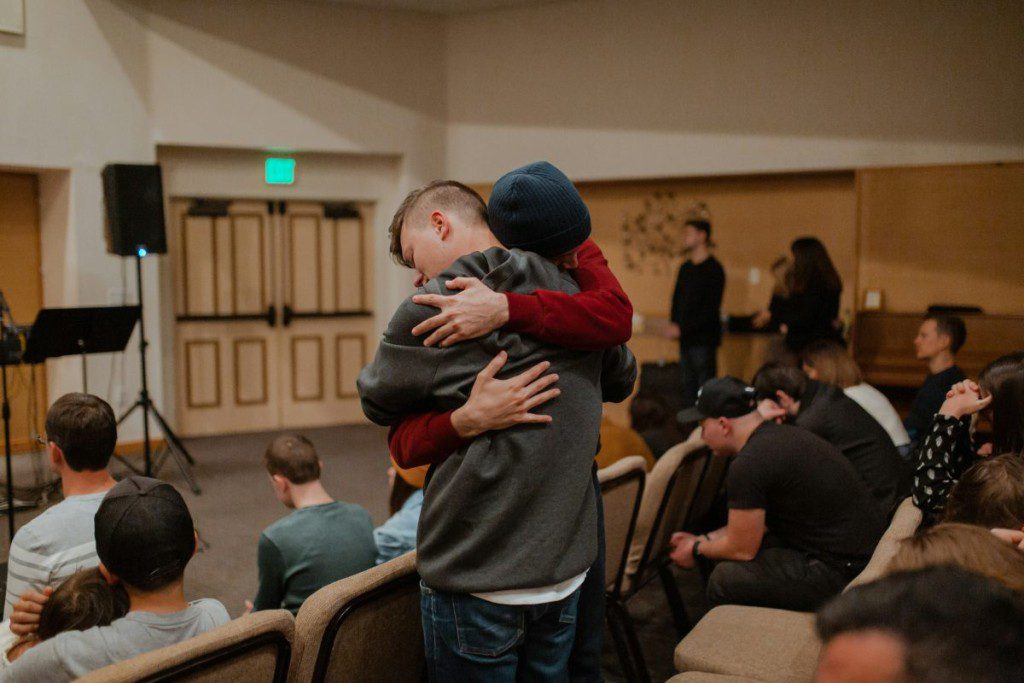Support from friends and family is an essential cornerstone of healing and recovery for young adults grappling with addiction. As trusted confidants and safety nets, loved ones play a pivotal role in offering compassion, understanding, and assurance during the arduous journey toward sobriety. Embedding a culture of open communication and non-judgmental support can significantly influence a young individual’s ability to navigate the challenges of recovery and rebuild a healthy, substance-free life.
Cultivating Patience and Positivity
Developing patience is a virtue that is particularly vital when providing support to a young adult in their journey of addiction recovery. Recovery is often characterized by a nonlinear process, with potential setbacks and victories along the way. It is crucial for family and friends to foster a positive outlook, celebrating progress regardless of its scale and maintaining hope even when the journey becomes challenging. By cultivating unwavering belief in their loved one’s capacity to heal, they can instill a profound sense of resilience and motivation in young adults who are striving for sobriety.
Encouraging Healthy Lifestyle Changes
Adopting a healthy lifestyle is a critical component of successful recovery. Loved ones can play a pivotal role in encouraging young adults to engage in regular physical activity, maintain a balanced diet, and establish a structured daily routine. These seemingly small lifestyle adjustments can have profound effects, not only on their physical well-being but also on their mental health. By boosting self-esteem and reducing the urge to use substances as a coping mechanism, these healthy habits contribute to their overall recovery journey.
Facilitating Access to Professional Help
Recognizing the need for professional intervention is of utmost importance for friends and family. This involves conducting research on treatment facilities, assisting in finding a suitable therapist or counselor, and even accompanying the individual to support groups. Loved ones serve as a bridge to these critical resources, and their active involvement can greatly ease the process of seeking and receiving professional help, providing a strong support system for the young adult in their recovery journey.
Navigating Rehabilitation Facilities and Institutions
Choosing the right rehabilitation facility or institution can be a decisive factor in a young adult’s recovery process. Friends and family should aid in evaluating the available options, considering factors such as the types of treatment offered, the facility’s atmosphere, and the qualifications of the staff. A suitable facility for addiction treatment for young adults should create a nurturing environment that addresses not only the addictive behaviors but also the emotional and developmental needs unique to this age group. It is essential to select a setting where the young adult feels safe, and supported and is provided with individualized care tailored to their specific needs. Rehabilitation centers that incorporate holistic treatment approaches and offer a continuum of care services can significantly enhance the likelihood of a successful and sustained recovery.
Promoting Sobriety through Shared Activities
By proposing and engaging in substance-free activities, friends and family can immensely contribute to the joy and fulfillment experienced by young adults in recovery. Engaging in activities such as sports, games, cultural events, or volunteering not only serves as healthy distractions but also helps rebuild social skills and connections that may have been damaged by addiction. By fostering an environment where sobriety is supported and celebrated, loved ones play an integral role in helping young adults rediscover the beauty and excitement of life without substances.
Setting Boundaries and Expectations
Establishing clear boundaries and expectations is crucial for sustainable recovery. Loved ones must effectively communicate their limits regarding substance use while simultaneously showing support for the young adult’s recovery efforts. Striking this delicate balance ensures a structured environment where the individual understands the consequences of their actions but still feels valued and supported. By providing a consistent framework, friends and family contribute to the creation of a safe and nurturing space for the young adult’s recovery journey.
Providing Continual Education and Awareness
Continual education and awareness play a significant role in preventing relapse and empowering young adults with the knowledge to overcome addiction. Friends and family can actively participate in this process by becoming well-informed about addiction themselves and sharing this knowledge in an empathetic manner. Understanding triggers, withdrawal symptoms, and the science of addiction can demystify the recovery process and promote informed, healthy decisions. By providing ongoing education and fostering awareness, loved ones become valuable allies in the young adult’s journey toward long-lasting sobriety.
The role of friends and family in the recovery process of young adults facing addiction cannot be overstated. Every action, from fostering a supportive and positive environment, encouraging a shift towards healthier lifestyles, and facilitating professional help, to educating oneself and the young adult, is pivotal in nurturing their path to sobriety. It’s this network of unwavering support that often provides the strength needed to face the trials of recovery. Though the road to rehabilitation is fraught with challenges, the collective efforts, patience, and unconditional love provided by those closest to the individual serve as the bedrock for building a fulfilling, substance-free life. Remember, with every step taken together, hope is renewed and the journey toward a brighter future for young adults in recovery becomes not just a possibility, but a reality.






